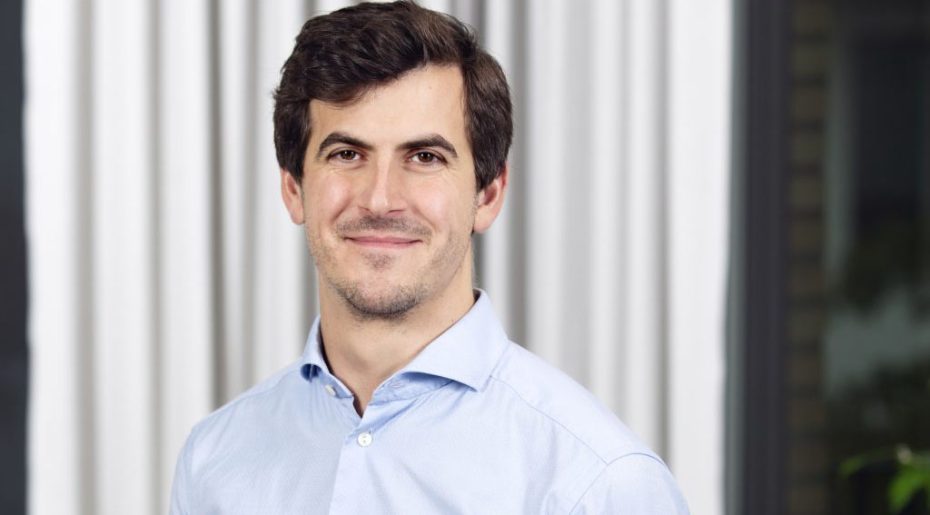How do you perceive the issue of clinical trials has developed over the past 2–3 years, and are we now on the right track after all the discussions?
– It has developed very positively! There is a strong political will to improve the situation, which has resulted in the Medical Products Agency being tasked with creating better conditions for clinical trials. This will result in the launch of SweTrial, and I expect the work within SweTrial to begin in the second half of 2025. Happily, the government has allocated funding to support this partnership-30 million SEK in 2025 and then 60 million annually. SweTrial is a big step in the right direction, but at the same time, all stakeholders working with clinical trials need to raise their sights and begin working together to make Sweden a better country for clinical trials. The outcome of all the work currently underway, with very good intentions, must then trickle down so that it makes a difference for every study and every trial site.
Have we been too slow in Sweden to realize the strategic value of clinical trials, or are there other reasons we’ve fallen behind?
– I think we’ve taken for granted that certain things work well in Sweden and instead focused on other issues. In the meantime, other countries-where the issue hasn’t been as obvious-have passed us by through active and successful work in delivering and participating in clinical trials. Now we need to spread awareness that this is a priority issue and ensure that we get better at executing and delivering. We must not forget that there is tough international competition-it’s not enough to be good, we must aim to be the best!
– Another important reason we’ve fallen behind is the inadequate implementation of new medicines in routine clinical care. It’s important that new innovations are used and bring benefits to patients, healthcare, society, and companies. When new medicines are developed, that development builds on the new standard of care. If Sweden does not routinely use the new standard treatments, we are less relevant because we lack experience in using them.
Why should companies conduct trials in Sweden with its relatively small population, when they can go to, say, Germany with its 83 million people? What strengths does Sweden have that can make it attractive in this tough competition?
– Population size is far from the only important parameter. If a country has a large population but few hospitals that can identify patients for clinical trials and conduct them, then it won’t be very attractive anyway. Sweden has, by international standards, a highly functional and modern healthcare system. Combined with centralized care in many therapeutic areas, we have excellent conditions for identifying and enrolling patients in clinical trials. However, we must become better at prioritizing clinical trials and work nationally together in socalled clinical trial networks to be successful.
– Moreover, there are countries with smaller populations than Sweden that still conduct more clinical trials, so we need to stop talking about our population size and instead focus on the enormous opportunities available in Sweden. When it comes to Sweden’s strengths, I think it’s important they are identified within each therapeutic area and highlighted.
– Going forward, we must work together to better highlight these and other strengths to conduct more and more successful clinical trials. If we can also ensure that we enroll the number of patients we commit to and speed up the introduction of new medicines, I see a very bright future for clinical trials in Sweden.
Swedish strengths according to Adam
- Low dropout rates: Swedes are highly committed to clinical trials, follow rules closely, and complete their participation.
- Cost-effectiveness: Sweden is a very cost-efficient country for conducting studies.
- Public Access to Information and Secrecy Act (2009:400) facilitates study-specific discussions between pharmaceutical companies and public hospitals.
- Regular inspections of trial sites by the Medical Products Agency ensure high quality.
- Easy local distribution of investigational medicinal products.
- Established genomic profiling of various diseases.
- Infrastructure makes it relatively easy to include patients from large parts of the country.
- Universal healthcare, ensuring a diverse patient population in clinical studies.
- High level of English proficiency and no need to translate cover letters or CTIS data, which speeds up the trial application process.
- High digital maturity of the entire population.
- Rapid data entry and high data quality.
This interview was first published in SwedenBIO’s 2024 Annual Report.





